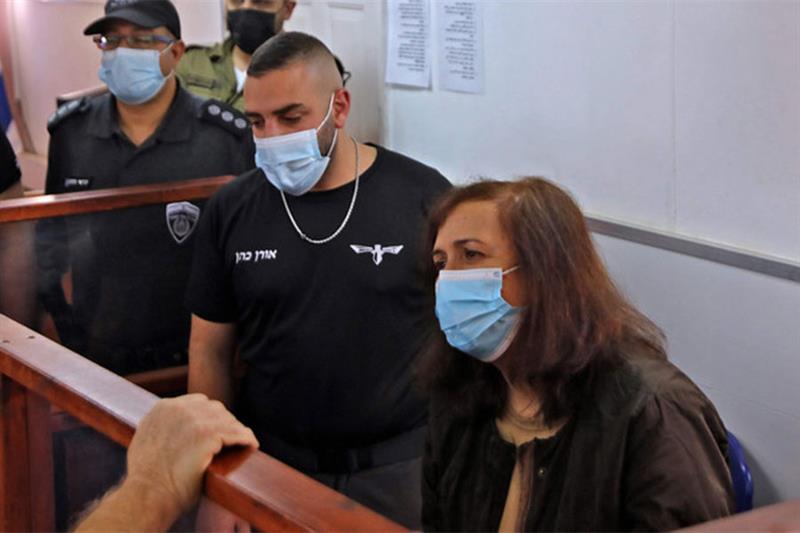Jeremy Hill
Mon, January 31, 2022

(Bloomberg) -- Members of the billionaire Sackler family that own Purdue Pharma LP are close to a deal to increase their contribution to the OxyContin maker’s sweeping opioid settlement, court papers show.
The family and a handful of state attorneys general that have been opposing Purdue’s opioid settlement are nearing a deal that would provide a “substantial” additional contribution on top of the $4.325 billion the company’s owners already pledged, according to the court documents.
The potential deal follows mediation sessions that spanned 100 phone calls and two lengthy in-person gatherings.
U.S. Bankruptcy Judge Shelley C. Chapman is overseeing the mediation and delivered the update in a written report Monday evening. She has spoken directly with members of the Sackler family, their lawyers, and attorneys general that worked to overturn the settlement on appeal, according to the report. The dissenting states include Washington, Connecticut and Maryland.
Chapman asked to extend the mediation until Feb. 7 so the parties can finish settlement negotiations. Purdue is due back in bankruptcy court on Tuesday.
The bankruptcy case is Purdue Pharma LP, 19-23649, U.S. Bankruptcy Court for the Southern District of New York (White Plains).












 US Secretary of State Antony Blinken said 'The Tiananmen demonstrations are echoed in the struggle for democracy and freedom in Hong Kong' Photo: AFP / Peter PARKS
US Secretary of State Antony Blinken said 'The Tiananmen demonstrations are echoed in the struggle for democracy and freedom in Hong Kong' Photo: AFP / Peter PARKS




